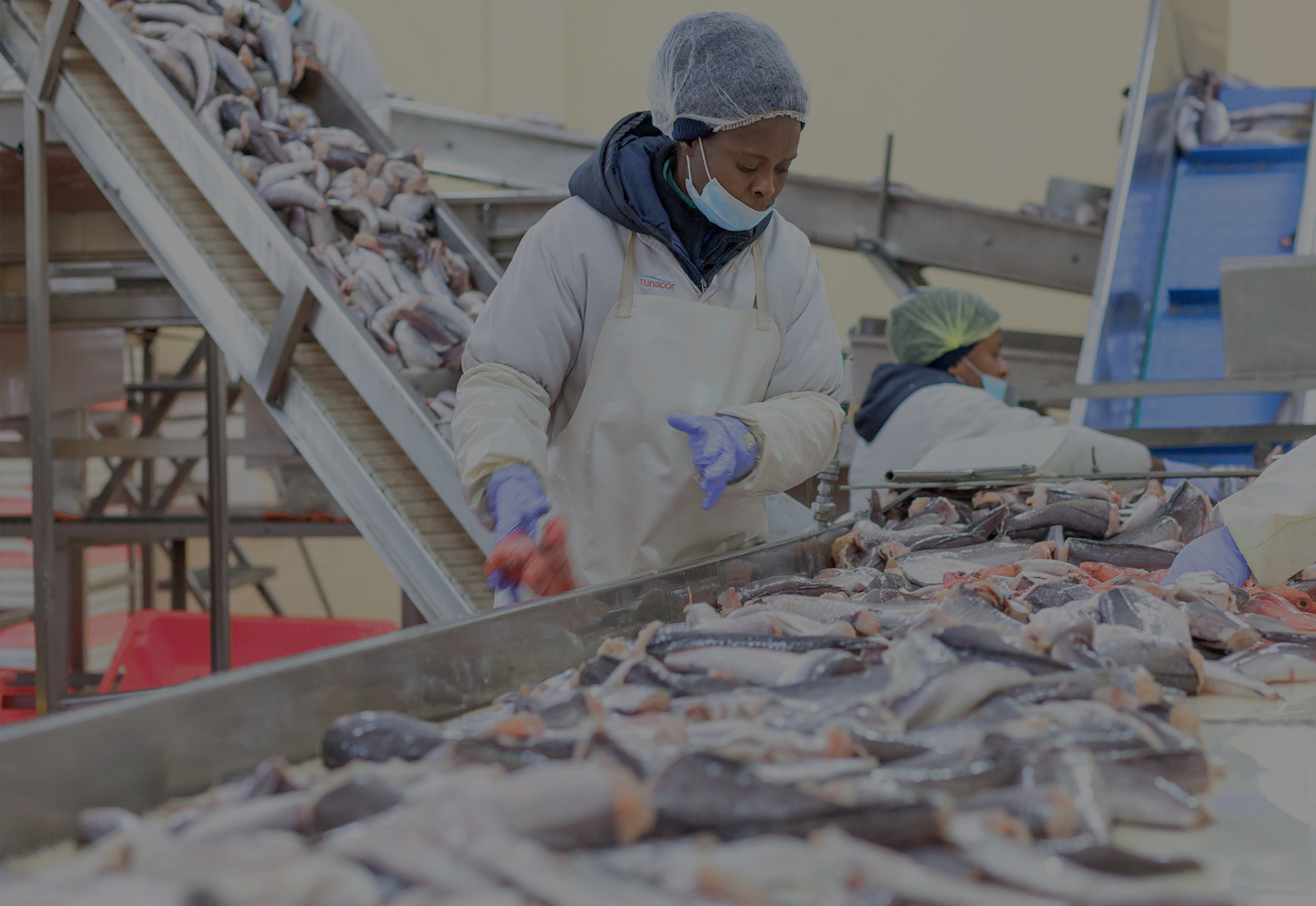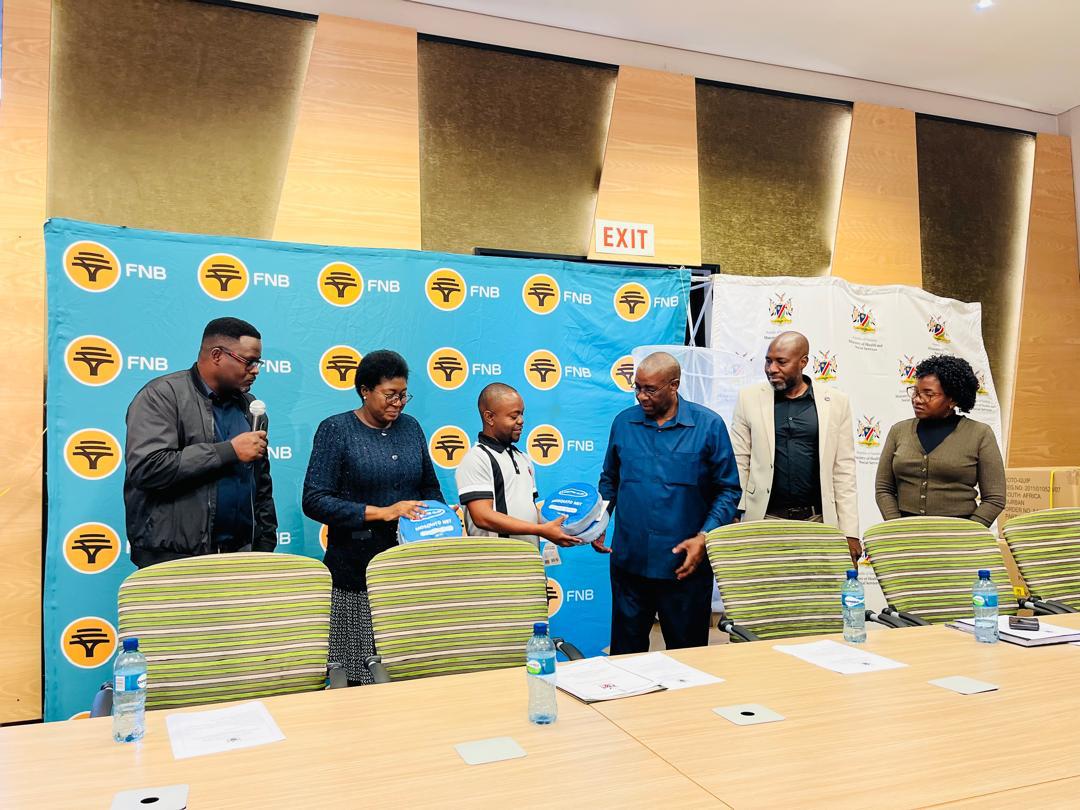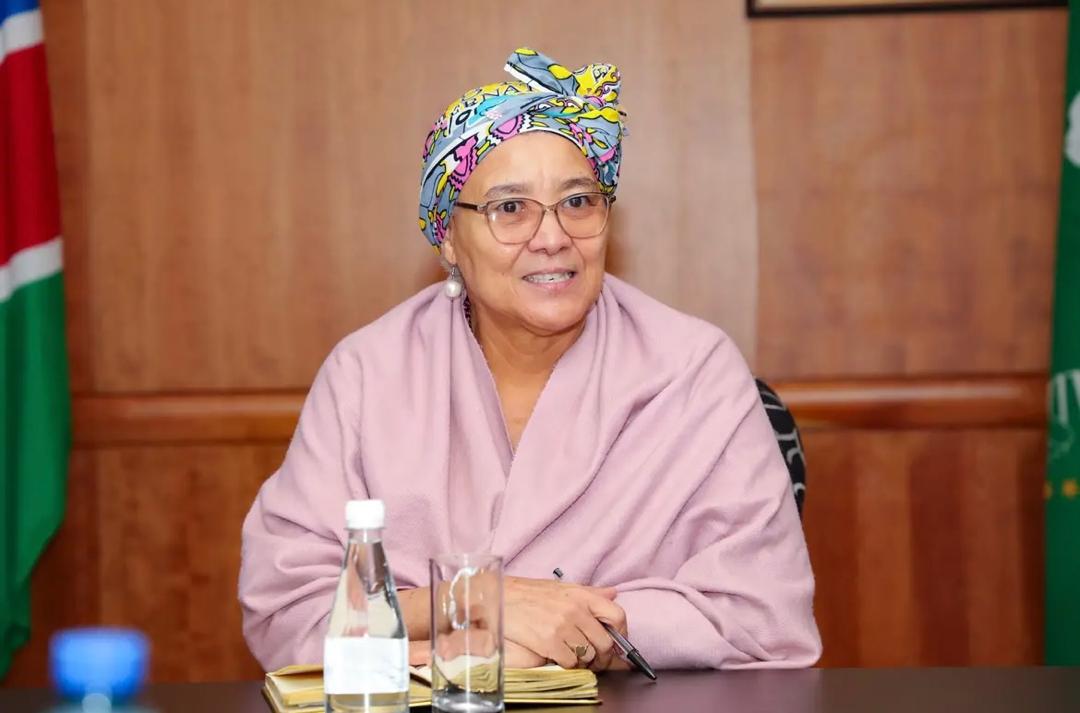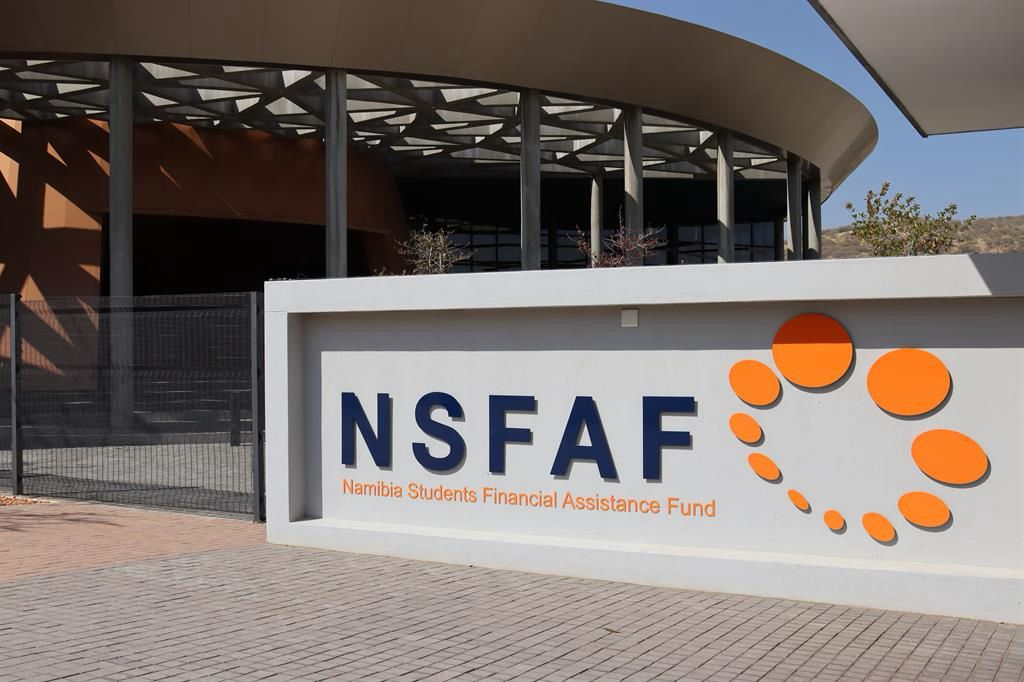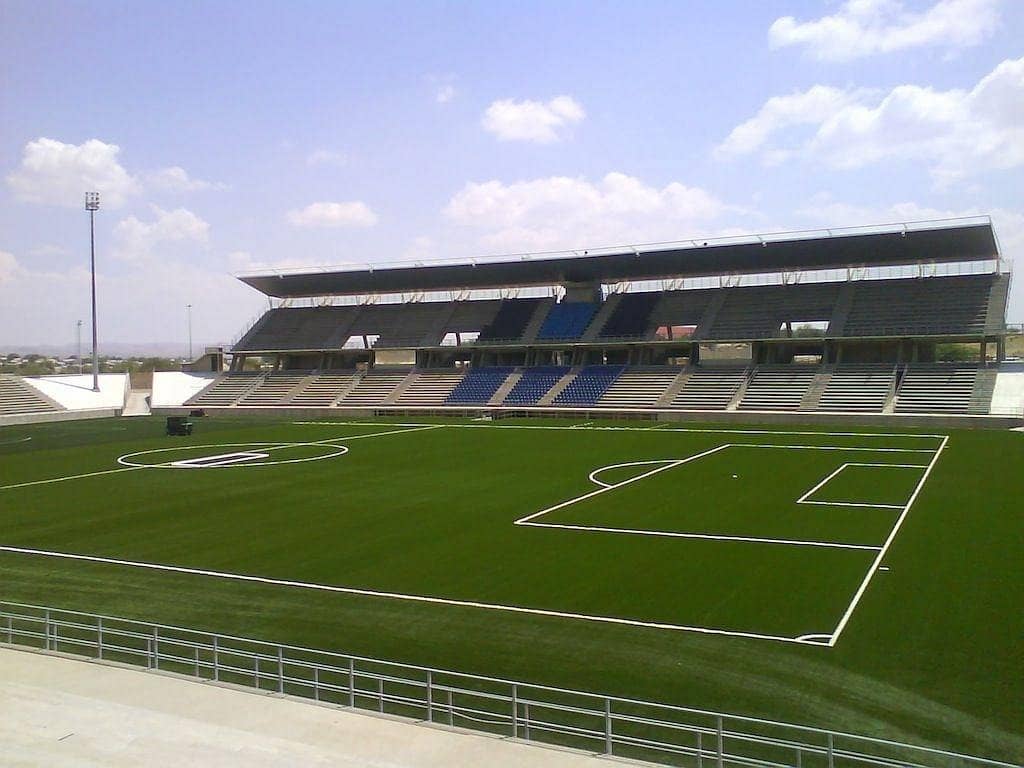Namibia is making history by hosting the 38th High-Level Ocean Panel on Sustainable Ocean Economy at Walvis Bay.
The occasion marks the first time this prestigious global event takes place on African soil.
The meeting, attended by global leaders and experts, aims to discuss key strategic priorities and key moments for the Ocean Panel in 2025, including the Ocean Panel’s contributions to the next United Nations (UN) Ocean Conference, and to advance discussions on the Ocean Panel’s focus for 2026 to 2030.
Minister of fisheries and marine resources Derek Klazen, who represented president Nangolo Mbumba, opened the discussions on Wednesday with a call for transformative approaches to ocean management.
He emphasised the importance of the ocean, highlighting its role in regulating climate, sustaining biodiversity, and supporting billions of livelihoods globally.
Klazen, however, expressed the unprecedented threats the ocean faces, including climate change, overfishing, pollution, and habitat destruction.
“Namibia is acutely aware of these challenges. As a coastal, seafaring and fishing nation, we are mandated with the responsibility to navigate the delicate balance between utilising our marine resources and preserving their sustainability.
“Our marine sector plays a critical role in our economy, providing and protecting livelihoods, ensuring food security, and generating foreign exchange, a dependable source of successful revenue generation,” he said.
The minister said this commitment has safeguarded fish stocks, created jobs, and enhanced community resilience while stressing the need for global collaboration.
Georg Børsting, Norway’s special envoy for the ocean panel, praised Namibia for its longstanding contributions to the ocean panel since its founding in 2018.
He paid tribute to Namibia’s late president Hage Geingob, describing him as a “great advocate for the sustainable ocean economy”.
Børsting highlighted the panel’s achievements, including progress on sustainable ocean plans and new commitments such as the High Seas Treaty and 30 by 30 initiatives.
“Namibia’s experience in sustainable fisheries management provides invaluable lessons for global efforts.”
Palau’s ocean panel representative Ilana Seid reflected on the interconnectedness of global oceans and praised Namibia’s initiatives, including kelp restoration and port developments.
“We are keen to learn from Namibia and assist in championing sustainable ocean practices across the African region,” she said.
Seid called for stronger ocean-focused nationally determined contributions (NDCs) in tackling climate change and emphasised the importance of combating marine pollution through a robust plastics treaty.
The three-day meeting is attended by 14 other countries, including Namibia
Stay informed with The Namibian – your source for credible journalism. Get in-depth reporting and opinions for
only N$85 a month. Invest in journalism, invest in democracy –
Subscribe Now!




